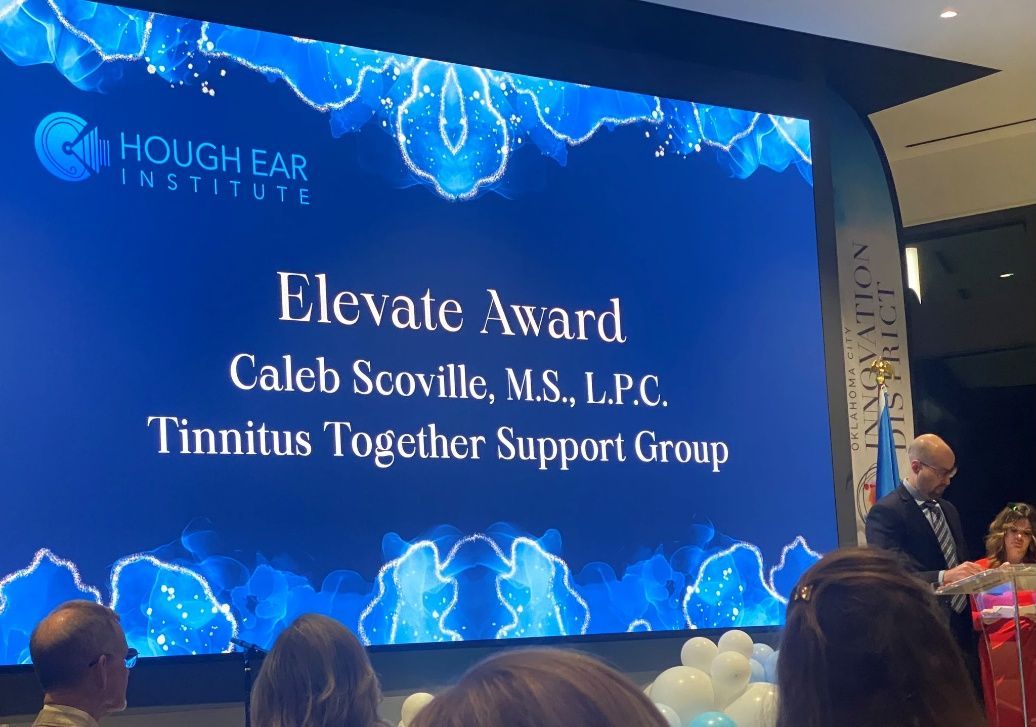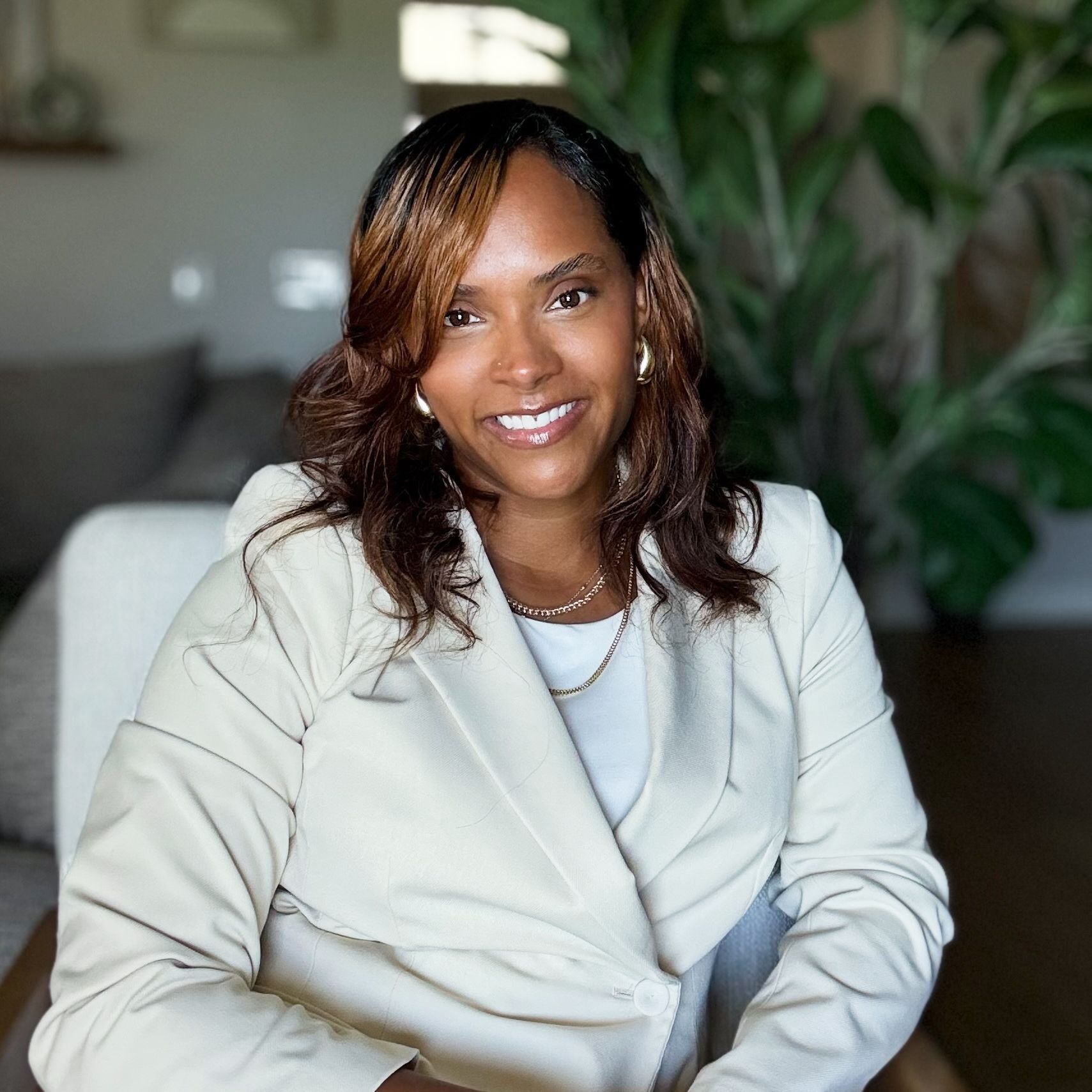The 6 Myths of Christian Sex - Part 2
By Brandon Schmidt, LMFT
(Part 2 of 2 Articles on “Christian Sex”.See our blog on
www.tlccok.com
for Part 1 of this article, which came out in our most recent Newsletter)
The 6 Myths (Lies) About Christian Sex That Should Be Dropped From Our Vocabulary NOW!
Myth #1: Sex is DIRTY!
Do you know how most conversations on sex start?With a look, around the room at who maybe in ear shot, a hand cupped over one’s mouth, and a whisper.But what message does this send?It sends a message that what I’m about to say to you is taboo and not to be spoken about openly.Why?Because its not kosher? Maybe even dirty?! Yet, what does God say about sex and sexuality.God created sex and if God created sex, how can it be dirty?In 1 Timothy 4:1-5, Paul confronts the false teachings on marriage and food, and he urges believers to believe the truth that what God created, God deemed GOOD, and to not reject the pleasures found within but to wholeheartedly receive them with thanksgiving, “for it is made holy by the word of God and prayer.” So, therefore, Christian Sex is seen as worship in the sight of God.
If sex, in the confines of marriage, is so dirty, why is Scripture so graphic and sometimes embarrassing by its forthright sensuality of sexual love?Don’t believe me, then stand up right now and read aloud to everyone in the room, Proverbs 5:18-21.We’ll wait…Did your voice suddenly go silent when you began to read, “Let her breasts fill you at all times with delight: be intoxicated always in her love”?You see, this is why God created man and woman in this way, so your spouse’s body would be delightful to you.John Piper says it in this way, “We are not meant to revel in His creation instead of Him or more than Him but because of Him, and because there is something of Him in all that is good and beautiful.”Remember this the next time you look at your naked spouse.See them through the eyes of God and thank God for His treasures on earth.
Myth #2: Sex is for procreation and nothing else.
It is true, sex is more than an indulgence of the flesh, but it is also more than the act of procreation. Read Song of Solomon 4:5-7.This Song is more than a metaphorical symbol between Christ and the Church and we cannot neglect the physical aspects of its words.This Song is also a call to take delight in your wife’s body and a wife to delight in the body of her husband.Now read Song of Solomon 7:6-9. Have you ever caught the smile of your spouse and thought, “They are so beautiful”? Or, have you ever noticed them as they walk through the living room and said, “You are looking great today”?You see, there should be no shame in looking upon your spouse with delight in your heart and thankfulness in your soul and mutually choosing to engage in the act of sex because you desire one another.Yes, God made our spouse to be pleasing to our eyes and arouse our desires so we may be “fruitful and multiply”, but the pleasures of sex should not end there because we are missing out on one of the most blessed aspects of marriage if we do.
Myth #3: Sex is one way…there is no room for exploration.
In Myth #2, we unearthed the biblical truth that we are to take delight in our spouse, and mutually, in one another’s body.However, we are given the freedom through Scripture to enjoy and explore the gift of one another’s body.You see, sex is beyond just the missionary position, and we can ungrudgingly take delight in our sexual adventures with our spouse, while also holding true to boundaries set forth in Scripture.
Louis and Melissa McBurney, in their article “Christian Sex Rules”, puts the matter this way:
“We want to emphasize again that there are some specific sexual behaviors that are forbidden in scriptures.Adultery, that is having sexual intercourse with another person’s spouse or a partner other then your own spouse, is a sin.Jesus, in the Sermon of the Mount, deepens the importance of marital faithfulness by extending the prohibition of infidelity to include a lustful thought life as well as the physical act of intercourse.Looking into our minds and hearts is an important principle for safeguarding the delights of intimacy.Scripture is also clear about the evil of fornication—premarital sexual intercourse—which most of our culture accepts as normal and irresistible.”
The Bible is also very clear on listing other sexual practices as “abominations” to God, and therefore, sinful.These include homosexuality, bestiality, and incest. (Lev. 18, Rom. 1:21-32, 1 Thess. 4:1-8, and 1 Cor. 6:12-20). But practices not directly mentioned in Scripture, but not blessed practices of a sexual relationship in or out of the covenant of marriage are the use of pornography and sex toys.
With the advancements of neuroscience and utilizing principles set forth in God’s Word, we can see how pornography and sexually arousing toys, can reshape critical parts of the brain. Thus, weakening our ability to withstand adversity.In the YouVersion Devotion, “God’s Design for Sex”, the authors’ at One Minute Apologist put it this way, “With the advancements of neuroscience, we know that our willpower is a function of the prefrontal lobe of the brain and that consistent use of pornography actually reshapes this critical part of the brain, thus weakening one’s moral fortitude.The will is sapped of strength through continuous porn play.It’s often referred to as
hypofrontality,
a term used to describe the breakdown of the frontal lobe of the brain.This especially impacts addicts as their addictive desires simultaneously heighten, while their determination to resist is weakened and buckles under sexual pressure.”Although God’s Word gives some restrictions to sexual practices, God’s Word also gives a lot of freedom within the bounds of the marriage bed to explore and enjoy your sexual relationship with your spouse, but as you do remember Romans 12:10, “Be devoted to one another in love.Honor one another above yourselves.”
Myth #4: Sex is my decision and my decision only.
Wow! This is a controversial “myth” to write on (“deep breaths Brandon, deep breaths!”).If I write this “myth” one way, the higher sex driven spouse will cheer with adulation while elbowing the lower sex driven spouse in the side to say “WAKE UP AND READ THIS!”While if I write this piece in another way, the lower sex driven spouse will sigh in relief and feel justified in saying “No” to sex as often as they might already.So, let’s let the Apostle Paul speak on this one.In 1 Corinthians 7: 2-5, the Apostle Paul (kind of an important guy…seeing that he wrote most of the New Testament) writes that the act of sex is only between a man and his wife and neither shall deprive the other if only by mutual consent.Husband and wife no longer own their own bodies, but each now belongs to the other.
At the same time, Paul also instructs, in Ephesians 5:25, that men are to love their wives, just as Christ loves the church.Dr. R. Albert Mohler, the president of the Southern Baptist Theological Seminary in Louisville, Kentucky, writes it this way, “But consider the fact that a woman has
every right to expect
that her husband will
earn access
to the marriage bed.Even as wives are commanded to submit to the authority of their husbands (Ephesians 5:22-24, the husband is called to a far higher standard of Christ-like love and devotion toward his wife.Therefore, when I say that a husband must regularly ‘earn’ privileged access to the marital bed, I mean that a husband owes his wife the confidence, affection, and emotional support that would lead her to freely give herself to her husband in the act of sex.God’s gift of sexuality is inherently designed to pull us out of ourselves and toward our spouse.I believe that God means for man to be civilized, directed, and stimulated toward marital faithfulness by the fact that his wife will freely give herself to him sexually only when he presents himself as worthy of her affection and desire.”
Myth #5: Sex should ONLY be discouraged with children, NEVER discussed openly.
Good sex will not just fall into place and our children won’t just find healthy expressions for their sexuality on their own.Do you really want your child to find out about sex and sexuality on the playground or in the locker room?Our children are being exposed to pornography and sexualized material as early as 6 years old.That’s right, 6 years old, and we need to help them form a firm foundation before the world infects their tiny minds and spirits with its deprived nature.As is the case with most children, they need guidance.Proverbs 22:6 says, “Train up a child in the way he should go, and when he is old he will not depart from it.”
How can a child stay on the path of purity? By living according to Scripture (Ps. 119:9).But how does a child know what God’s Word says?By falling in love with His Word and learning to hide His Word in their hearts so they may not sin against Him (Ps. 119:11).Kids will have questions and their inquisitive minds will want to know, so wouldn’t it make sense that you, the parent, would want to instill in them the values and principles that you find to be important? Craig Gross is the founder of XXXChurch.com and in his book,
Touchy Subjects,
he states, “As soon as you perceive your child is ready to handle the basic information about the touchy subjects, you need to step up and start the conversation.Don’t let the outside world beat you to the punch on this and potentially warp or distort the proper view of sex, technology, or even adulthood for your kids.They only get one chance to hear about anything for the first time—make sure you’re the one giving them that input.”
Myth #6: Sex should never be discussed outside the marriage bed.
Sex is a scared endeavor between husband and wife.Yet, as we discussed in Myth #5, we should openly and strategically address sex in age-appropriate manners with our children.But, often there are times that we need and desire the thoughts from our closest friends because we struggle to navigate the uneasy waters of the sexual conversation.However, our Christian culture has made the subject embarrassing or off-limits in most circles.But we need trusted, Christian friends that are desiring a deeper spiritual connection to God and their spouse to talk to, to help us understand, and to encourage us in the truths of Scripture.
When we talk about a good support system to help guide us and give us encouragement in our walk with Christ and within our marriages, we encourage that you find someone of your same gender, someone who loves God and is earnestly in pursuit of a relationship with Him, that is actively serving and honoring their spouse, that demonstrates Godly priorities in their life, has a solid history of fruitfully ministering truth to others, has a healthy awareness of their own strengths and weaknesses, displays self-discipline, and someone who is unabashed in articulating the truths of God’s Word.
Whatever it takes, Lord, align our desires with your desires, so that our dreams align with your purposes.Let your will be done through us and let our love for one another be a holy fragrance to You. Amen.
Resources
Button: Read John Piper: Don’t be embarrassed by sex, Shannon Ethridge’s Sex as an Act of Worship, Read Song of Songs 4:5-7 NIV, Read Song of Songs 7:6-9 NIV, Read Today’s Christian Woman article Christian Sex Rules, Start the YouVersion Devotion God’s Design for Sex by One Minute Apologist, Order and Read Craig Gross’ book Touchy Subjects, Read Mike Mason’s book The Mastery of Marriage, and Seek support.
Author: Brandon Schmidt, MA, LMFT-S, PCIT. Brandon is a Licensed Marriage and Family Therapist and an Approved Supervisor in the State of Oklahoma. He is also a Certified Parent- Child Interaction Therapist and a clinical member at Transforming Life Counseling Center.







